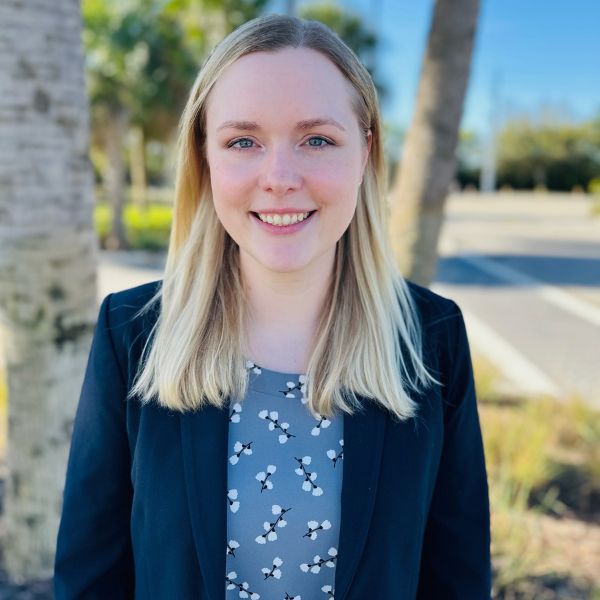Kelly Behnke
Forensic Scientist, Palm Beach County Sheriff’s Office
Kelly Behnke is a Forensic Scientist at the Palm Beach County Sheriff’s Office in West Palm Beach, Florida in the Forensic Biology Unit. She has been with PBSO for approximately 8 years, conducting both biological screening and DNA analysis as well as training new analysts.


